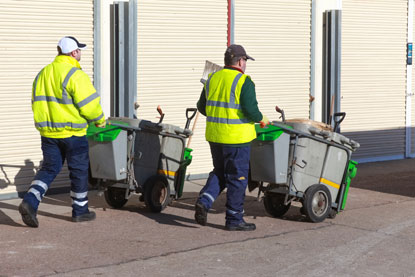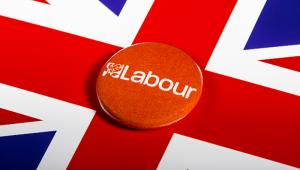
There’s been a fierce war of words this weekend over who “really” won the local elections.
Should Labour be celebrating achievement or bemoaning missed opportunity?
Are the Conservatives showing resilience or clinging on?
The only clear winners were the Liberal Democrats who can plausibly claim to be rebuilding their local government base and the only clear losers were UKIP who were effectively wiped out
But the underlying reality behind these results is one of stalemate.
Neither of the main parties is demonstrating an ability to break through beyond their current level of support.
Labour dominate urban areas while the Conservatives have a tight grip on pretty much everywhere else.
On this basis it’s hard to see a clear path for either party to a clear parliamentary majority.
This maps on to a number of other divisions that feel very live in our politics right now; Metropolitan versus non-Metropolitan, leave and remain, of course, but also young versus old and a set of cultural oppositions that are often subsumed within these categories and which there have been various attempts to name: open and closed, cosmopolitanism and nativism, anywhere and somewhere; but which we still do not really understand, which we do not have an adequate conceptual language to talk about and which map awkwardly onto a binary political system.
It’s hard to see a way out of this deadlock short of a wholesale reform of our voting system and there’s no apparent political energy behind that (of all our recent referenda the only one that genuinely seems to have put the issue to bed was the 2011 AV referendum).
But complex as all this is, it is still an oversimplification.
Because of course the vote last Thursday was not a glorified opinion poll but a real election about real issues and to choose the people who will make tough decisions about how councils deliver local services in challenging times.
Local government deals with core local issues: homes, care of older people, school places, children’s services, libraries, streets and refuse collection.
All the things that matter most in our day to day lives.
And voters understand this.
Of course some people’s vote will be a simple reflection of their view of national politics, but others will vote for individuals who they think offer most to their community irrespective of party allegiance.
Though they rarely get credit for it most councils have done a pretty good job over the last decade at maintaining services while undergoing a catastrophic collapse in their funding.
This may also lead to an incumbency advantage.
We have very little data, and thus very little understanding, of the interrelation between national and local nor do we know with any clarity how the big divides in our politics intersect with decisions about social care, or bin collection.
So there’s a really complex matrix of issues at play here and we can’t properly understand it unless we are willing to get down into the granularity of local decisions.
That can’t be done within an all encompassing national narrative.
In other words there is not one story here to be contested but hundreds.
If people can’t agree on a single narrative to describe what happened in the local elections last week then, yes, that’s politics; but it’s also because there isn’t one.




















